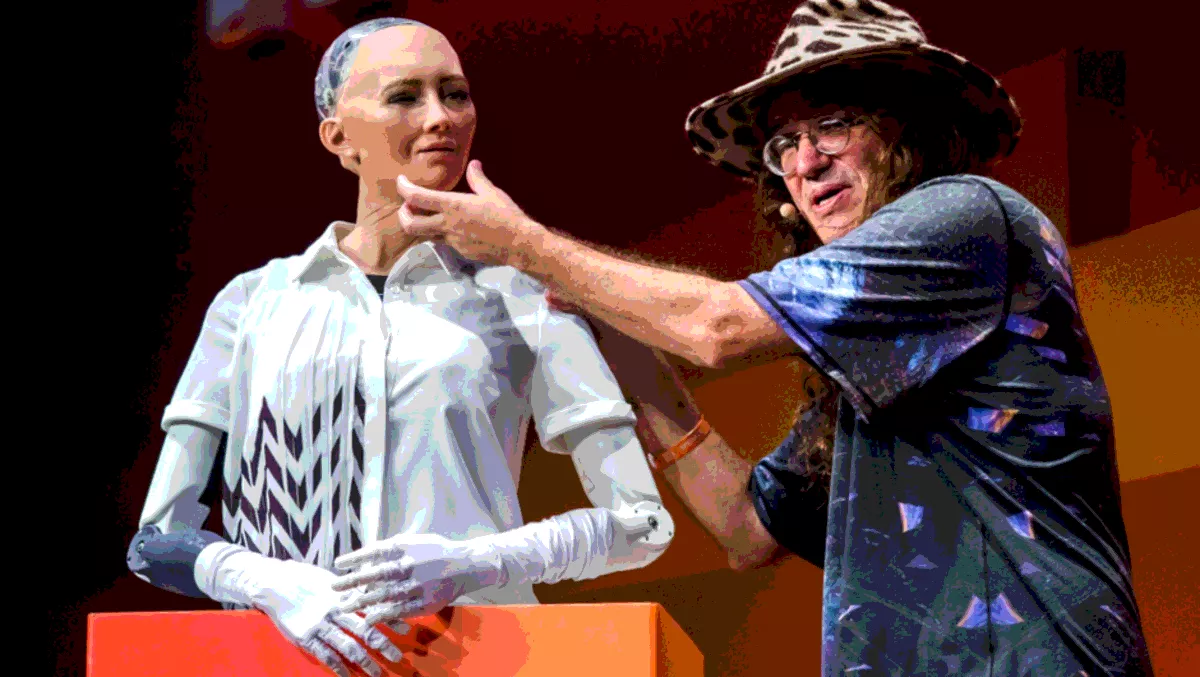
SingularityNET CEO discusses the future of AI
SingularityNET CEO Ben Goertzel recently went live to answer questions about the future of AI and how it will impact our society, jobs and businesses.
Will AI replace humans in customer service?
In my view, AI will eliminate essentially all need for humans to do practical work. Of course, exactly when each job category or task will be fully automated is hard to predict. For (a sector like) customer service, I suppose 90% of its tasks will be automated within 5-7 years, but there will remain some tricky tasks that need a human touch until we get to full-on human-level Artificial General Intelligence (AGI).
Given the absolute importance of making an income and the many pitfalls of not being relevant economically after AI job replacement, it is refreshing to see individuals in the know taking action today to help smoothen this path. What are some of the steps you and SingularityNET are taking in this area and how can the rest of us help contribute to make this shift a positive one?
To remain as relevant as you can personally, as the job market evolves pre-Singularity, I would say 1) basic skills like math and written/oral communication are going to remain critical, 2) getting more and more efficient at learning new skills and areas is going to be critical. SingularityNET is designed to provide avenues for folks developing AI algorithms or AI-based applications to impact the world, promulgate their ideas and creations, and make money.
In your opinion, where is AI's place within the creative industry? I can see how AI would enable quicker and faster production, but do you think it will ever get to the point where robots will be more "creative" than humans?
Sure, AI will be more creative than humans, but humanity will still be creative and will derive joy from this. I still enjoy playing the piano even though much better piano-players than me exist.
What are your thoughts about the risks posed by AI and how we can curb or manage those risks?
The risks are huge, the potential benefits are huge. Let's make sure the first really generally intelligent AI is engaged with stuff like education, medical research, science and agriculture - rather than surveillance, military and advertising. That would seem to maximise the odds of a beneficial AGI revolution.

